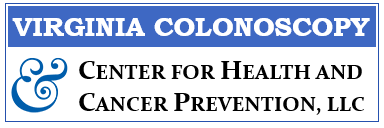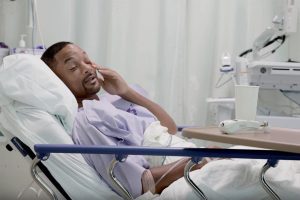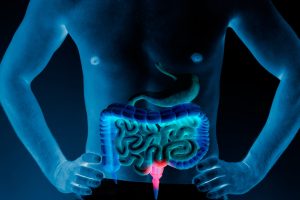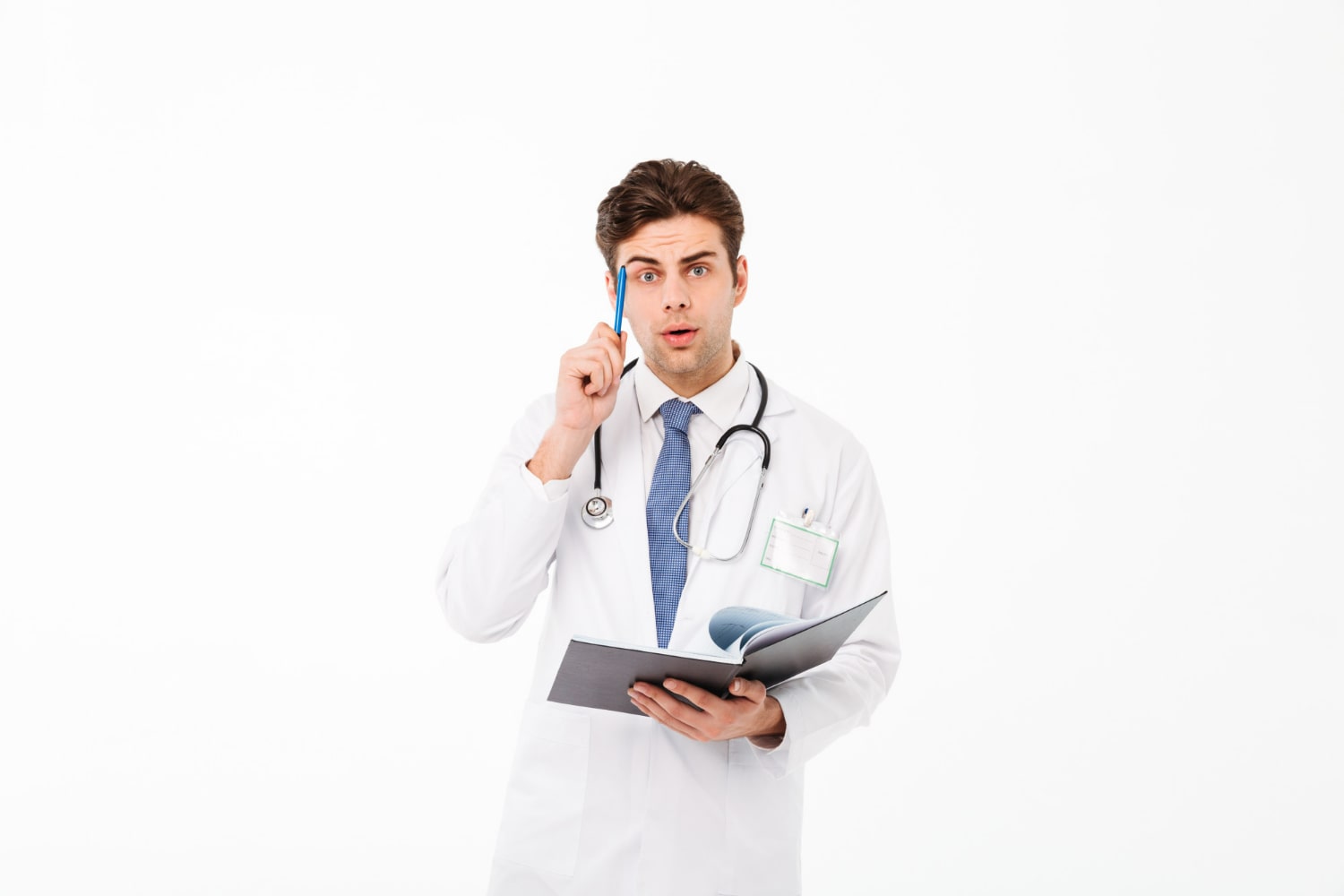The Problem
This year in the US, it is predicted that over 150,00 people will be diagnosed with colon cancer and that 53,000 people in the US will die from it. The lifetime risk of getting colon cancer for women is high–1 in 25, and 1 in 23 for men. As a result, colorectal cancer is the second leading cause of cancer death in the United States. Even more disturbing is a recently observed trend of increasing rates of colon cancer in ‘younger’ adults under the age of 50. While rates of colon cancer have been declining in ‘older’ individuals over 50 (a result of more widespread preventative screening with colonoscopy), colon cancer is now actually increasing in people in their 30’s and 40’s. It is predicted that 18,000 ‘young’ adults under 50 will be diagnosed this year with colon cancer. Unfortunately, colorectal cancer tends to be more aggressive in younger patients and in a more advanced stage at diagnosis. All of this has led major health organizations such as the American Cancer Society, National Institute of Health and many other professional societies to lower the recommended screening age from 50 to 45 in an attempt to stem the rising tide of colorectal cancer in young patients.
Who’s Affected?

ALL ethic groups are at risk. The newly observed trend in people under 50 is largely being seen in whites, Native Americans and native Alaskans. African Americans, however, are still at a 15-20% increased risk for colon cancer overall.
Why are we seeing this Trend? What causes colon cancer?
Most colorectal cancer is thought to be a result of poor diet, overweight, environmental toxins and heredity. Smoking is a definite risk factor for colon and most all other cancers. Contrary to what most lay people think, genetics (family history, Lynch Syndrome and others) actually plays a relatively small part, maybe 15-20%. There is good evidence that a sedentary lifestyle, obesity, eating too much red meat and processed fools, and eating too many calories also plays a part. Some studies have implicated excessive use of antibiotics and harmful changes in the gut bacteria, known as the microbiome. Unfortunately, taking steps to improve one’s health and lifestyle will generally not in and of itself guarantee that you won’t get colon cancer. This is not to say that diet and lifestyle changes aren’t important, they are, it’s just that colorectal cancer is common in virtually everyone no matter what their lifestyle or risk factors.
What can you do about it?
Getting a screening colonoscopy is still by far the most effective means of preventing colon cancer. During the colonoscopy, identifying and removing the benign ‘precursors’ of colon cancer (polyps) significantly reduces your risk of ever getting colon cancer. The cancer is literally ‘nipped in the bud’ before it is ever a cancer thereby reducing your risk up to 80%. The key factor with colonoscopy is getting it done before you ever have symptoms of colon cancer (e.g., bleeding). For screening colonoscopy to be effective, it must be done early while the polyp is still benign (over 95% of polyps are in fact benign when found at colonoscopy). For people at average risk for getting colon cancer, the age is now (as noted above) 45. If you have a first degree relative with so-called early onset colorectal cancer, someone less than 50 years old at the time of onset, you should be screened 10 years earlier than that person’s age at diagnosis. While there is no ‘official’ recommendation on this, if you are obese or smoke your screening age should be 40. Finally, if you have a first degree relative with colon cancer at any age, you should be screened at 40.
Sometimes I tell my patients to think of screening colonoscopy as ‘preventive maintenance,’ like an oil change for your car. If you wait until you hear noise coming from your engine, you will likely be dealing with a much more serious and costly situation. While it’s not convenient, the time, inconvenience and the $30 investment are worth it by far.
What are the Key take away Points?
- Colon cancer is extremely common and affects many lives
- Colon cancer is for the first time increasing in people in their 30’s and 40’s.
- Colon cancer, despite its significant impact, is preventable
- Because of the new trend, the recommended screening age for people at average risk for colon cancer is now 45 with no family history. The screening age may be earlier (e.g., 40 or less) if you have other risk factors such as a family history, smoking, obesity etc.
- A good lifestyle is still very important for your health, it’s just no guarantee against the risk of colon cancer





